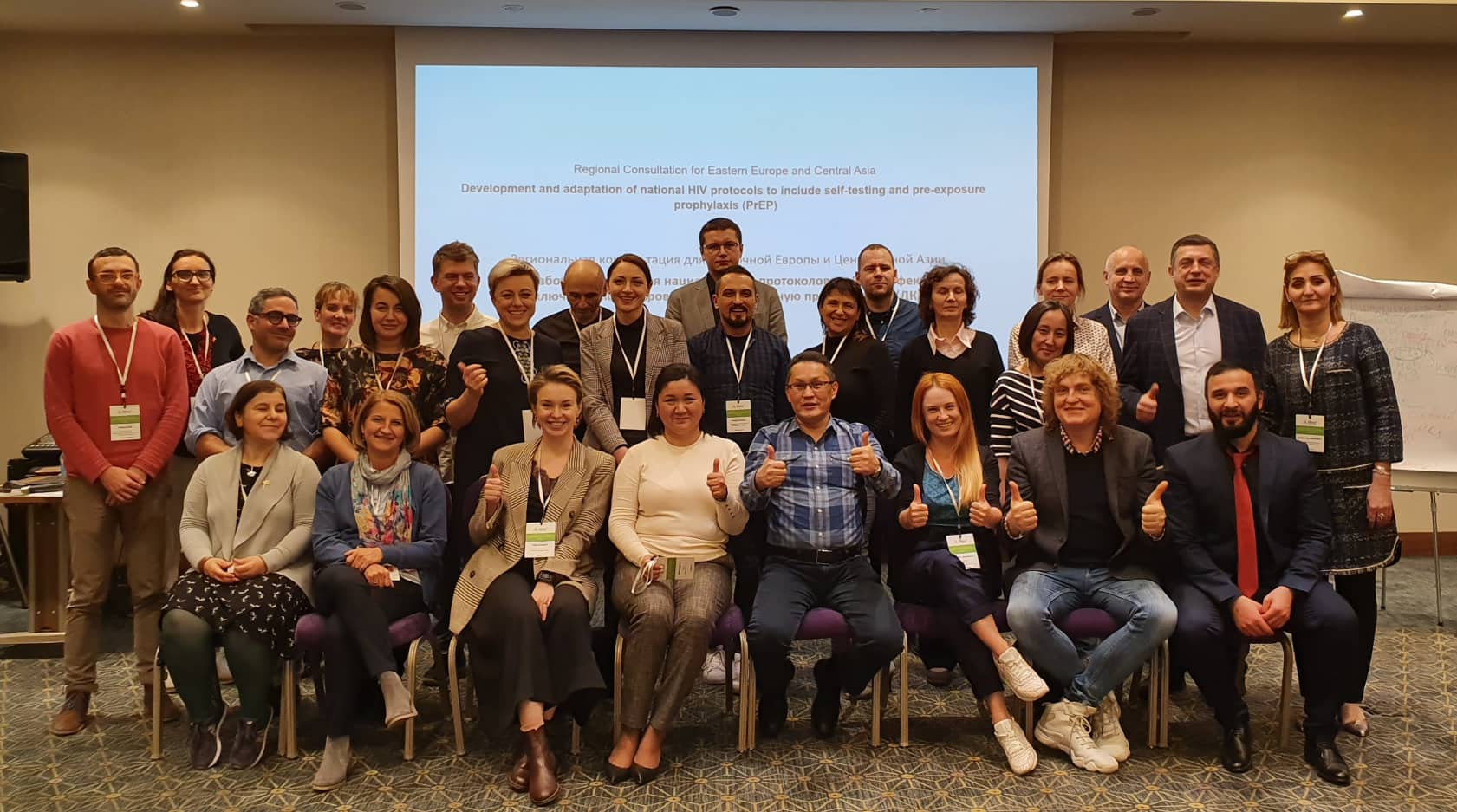On December 16-17, 2019 in Istanbul the Regional Consultation for Eastern Europe and Central Asia took place on «Development and adaptation of national HIV guidelines, including self-testing (HIVST) and pre-exposure prophylaxis (PrEP)».
Participants from 21 countries of the region discussed the specific steps and prospective to implement in the EECA countries the most updated WHO recommendations on pre-exposure prophylaxis and self-testing, international practice and cases of Germany, Moldova and Ukraine. The consultation was organized by the Alliance for Public Health team with the technical support of the WHO Regional Office for Europe and with the financial support in the frames of the regional #SoS_project.
«More and more countries adopt the policy supporting HIV PrEP. There are many researches, which prove the effectiveness of several PrEP regimens for different populations. This gives the grounds to presume flexibility, choice and accessibility for people who might benefit from PrEP. As of today, there are no hesitations regarding the need to ensure access to PrEP as a part of the standard HIV prevention service package», – says Olga Denisyuk, project manager of the Alliance for Public Health.
Discussions of the specific steps to implement these interventions gain pace during the events of different levels and involve wide range of stakeholder audience. The apparent significance and importance of the issue for the countries and readiness to develop healthcare systems to introduce these services gathered international experts and representatives of national teams of regional healthcare systems representing Azerbaijan, Armenia, Belarus, Bosnia and Herzegovina, Germany, Georgia, Denmark, Kazakhstan, Kyrgyzstan, Lithuania, Moldova, Romania, North Macedonia, Serbia, Russia, Tajikistan, Ukraine, Uzbekistan, Montenegro and Switzerland.
Sergey Filippovych, #SoS_project director: «It’s important even today to more rapidly move from pilots, which proved their relevance, to immediate implementation of the effectively functioning strategies of HIV prevention, testing and treatment. Broad implementation of self-testing and PrEP in the countries of our region will significantly fast-track the EECA regional progress in combating HIV/AIDS. I’ll stress that in the countries of our region strategic implementation of these interventions is supported not purely at the level of operational researches; there’ll be also broad spectrum of technical support provided in the frames of the regional project «Sustainability of Services for Key Populations in Eastern Europe and Central Asia» (#SoS_project).
As regards to application of operational researches, Olga Denisyuk mentioned that the important task remaining for EECA region is in rapid introduction of PrEP maximally adapted to the local context. This is possible to achieve at local level just through initial organization of operational research. «These researches can help develop and evaluate the models of low-threshold access to PrEP in a short time and further serve as basis to scale up the program for the whole country». However, it goes without saying that, based on the results of researches, the NGOs should be involved in order to rapidly implement the important steps to improve health and not to lose the time and the expertise developed in the bureaucratic routine.
We will mention that the primary drug for PrEP is TDF, which is used in different PrEP combinations and regimen.
It is interesting that, according to the report on Assessment of accessibility and major barriers in introduction and scale-up of PrEP in the EECA region held by ЕСОМ in 2018, the major conclusion mentioned that «there were no impassable barriers identified which would make PrEP implementation impossible in any of the countries. When the needed support is available … it seems realistic to resolve the issues of PrEP introduction and scale-up in the EECA region in the immediate future».
EECA region needs a kick: WHO recommendations on HIVST/PrEP
It’s worth mentioning that during recent years the evidence base on reasonability of self-testing introduction and PrEP effectiveness in or region significantly increased.
In 2019 WHO updated its PrEP recommendations as well as HIV self-testing (HIVST) as the effective approach to improve detection of new HIV cases. In the updated HIVST guidelines there were new recommendations outlined regarding optimization of self-testing implementation, including effective service delivery models and linkage to care and support tools.
As the newest recommendations are publicized, their rapid implementation at local level in the countries is very important. Moreover, the evidence base for this is available; also, the negative trends of the region should be considered and controlled by the countries.
Elena Vovc, Technical Officer, TB, HIV & Viral Hepatitis program within the Division of Health Emergencies and Communicable Diseases of the WHO Regional Office for Europe, told that, irrespective to all efforts, WHO European region is not achieving the targets by 2020. Let’s mention that the action plan for healthcare in response to HIV epidemic on the WHO European region adopted by all the countries of the region in 2016 set up the specific goals and target to fast track the response before 2020 in all countries of the WHO European region, including EECA countries.
Surely, it’s consolidated work in the countries in order to:
– achieve decrease in number of new infections by 75% in comparison with 2010,
– mortality resulting from AIDS was less than 30 000 cases (for information: the global target on AIDS mortality is less than 500 000),
– mortality resulting from TB among the people living with HIV was decreased by 75%,
– HIV service cascade achieved the level of 90-90-90.
«HIV self-testing is effective, and in order to introduce it, support is needed as well as relevant policies in the countries. Strategic implementation of this step requires participation of many stakeholders, and I’m glad that currently we’re discussing this issue in such extended format with participation of teams from countries. And we’re not simply talking about scaling-up opportunities of HIV detection; this will help cover more people with the treatment needed at early stages. This is that necessary kick, which can be done by the region right today», – says Elena Vovc, WHO Regional Office for Europe. – «As regards to PrEP, its introduction could potentially save the costs for the HIV combating programs. Thus, with a view to the new data and WHO recommendations, countries already can offer in their national recommendations day-to-day PrEP for all facing the higher risk of getting HIV-infected as well as PrEP intake when needed. It has to make our efforts in the area of STI prevention, including HIV, more efficacious ».
To make this important kick, it’s necessary to introduce pivotal actions at all stages including prevention, detection, and treatment.
Global experience and barriers that might be prevented
In the frames of the Regional Consultation in Istanbul global experience in implementation of PrEP and self-testing was reviewed as well as experience of the countries of the region – Ukraine, Germany, Moldova and Russia.
Olga Denisyuk, program manager of the Alliance for Public Health, shared the experience of Ukraine on PrEP implementation. She stressed the key points, which should be taken into consideration by all countries before introduction of PrEP, in particular, availability of national guidelines and/or relevant instructions on PrEP. Also she stressed that the barrier for this intervention may lay in absence of the indications to use for PrEP in the instructions of some manufacturers of TDF/FTC or other drugs recommended for PrEP! It is important to understand that the potential participants of the program are not always interested in visiting healthcare facilities, that is why it is important to maximally involve community-based organizations to cooperation in this area.
«In order to successfully introduce PrEP in any country of our region I’d recommend to envisage and/or analyze availability of the regulations to implement PrEP at national level. It’s necessary to ensure development of strict mechanism on how to implement PrEP at local level; also the needs have to be considered, since this intervention is not that much known in our countries. I mean development and launch of national information campaign on PrEP promotion among MSM and other key populations. Also pay attention to PrEP inclusion to HIV prevention service package and its accessibility at the community level», – Olga Denisyuk told.
Such PrEP pilots already are operating in the frames of the #SoS_project in Moldova; their launch is planned in Belarus, North Macedonia, Bosnia and Herzegovina; as regards to self-testing – in Georgia and North Macedonia.
Executive Director of the “Fenix Plus” NGO Yevgeniy Pisemskiy shared the experience of work in Russia: «We think that self-testing has good prospective not only among key populations. We hope that in nearest future the self-testing kit might be bought in any supermarket, like it is now in Switzerland».
Yevgeniy told about implementation of large-scale research project in Russia on the issue of HIV self-testing among MSM and transgender people. 26 thousand people got the “SAFE BOX” self-testing kit and reported on its result using the web-site gaytest.info. The research team representing Higher School of Economy measured, to which extent this method of HIV testing is applicable for MSM.
«Per our calculations, we detected more than 2000 HIV cases, and the approach by itself proved to be first-best applicable for MSM and transgender people. We developed the report, which describes in details how people got the self-test kit and their reaction on its usage», – Yevgeniy Pisemskiy tells. – «We see that there are projects currently being developed in Kazakhstan, Kyrgyzstan, Russia and Ukraine, which will really help to countries to achieve first 90% while testing key populations. Since self-testing allows to have HIV test in comfortable conditions and by oneself, without facing stigma and discrimination».
Also he mentioned that national Ministry of health methodological guidelines on work with key populations the self-testing method was envisaged, and currently the work on inclusion of these recommendations to national strategy is ongoing.
What about EECA countries?
Low level of PrEP and HIVST accessibility is still observed in the EECA region.
Aibar Sultangaziev, head of the “Partnership Network” Association, took part in the Regional Consultation on Self-Testing and PrEP in EECA countries, which took place on December 16-17 in Istanbul. We asked him whether the country is ready to introduce these interventions at national level and if there are any barriers for the moment, and he replied as following:
“The opportunities of self-testing and PrEP are included in our new national HIV treatment guidelines, which are currently under discussion and approval in the Ministry of Health. If compared with the acting guidelines, these issues were described rather frivolously; the new guidelines are fully in line with the latest WHO recommendations dated December 2019. The company manufacturing saliva tests is currently starting the process of their registration, and we will support them. After the registration is complete, we will promote introduction of mechanisms to make the tests available in the pharmacies”, – says Aibar Sultangaziev. – “PrEP is already available in the country, and currently about 30 people (according to the Republican AIDS Center) already get it, but Truvada (TDF+ emtricitabine) is currently procured for the Global Fund costs. Our goal is to make it accessible for the national budget costs. Actually, Truvada is already being procured for the national budget costs during this year, but the reporting mechanism on distribution of the drugs for people has to be improved.
Yes, as of now, or physicians and governmental officials can hardly understand that the person is not currently ill, but already has to take drugs. But it’s about timing. When one understands economic reasons and economy, which PrEP can ensure, no more questions arise”.
In North Macedonia the situation is a bit different.
Andrej Senih representing the Association to support people living with HIV “Stronger Together”:
“The roll-out of PrEP and self-testing in North Macedonia has been very delayed. We are now working intensively within SoS project, and with WHO support, on national PrEP guidelines and a protocol for а PrEP program, while at the same time making plans for introducing several self-testing options. We are ambitious in our objectives, but it is realistic to expect that we will achieve access to PrEP and self-testing for key affected populations already in the first half of 2020”.
In Moldova, the national information campaign on PrEP is under development. Currently more than 70 people started PrEP already.
Vyacheslav Mulyar, LGBT Community Health Program coordinator within the Information Center “GENDERDOC-M”: “As of today, in the Republic of Moldova everyone who needs PrEP can have it. During next year we plan to advocate for changes to the National PrEP clinical guidelines, namely, by supplementing it with the mechanism of the Community PrEP and case scheme (2 + 1 + 1) recommended by WHO as alternative to the existing scheme. We are also open for exchanges of experiences, which proved to be fruitful, with the partner organizations and governmental structures, and we think this experience has to be considered in the changes, which will be brought at national and international level. We are also grateful for the National HIV Program, Hospital of Dermatology and Infectious Diseases, А.О. «Positive Initiative» and others for cooperation”.
Yevgeniy Goloschapov, Director of the Advocacy department of the public association Initiativa Pozitiva: “When we were developing the PrEP campaign, we requested the potential participants in order to attentively consider the most effective mechanisms of informing about #PrEP, counseling of those interested in PrEP and distribution of drugs. The pilot envisages that about 100 male and female will take PrEP”.
Participants of the PrEP campaign also get social support and counseling of NGOs’ consultants. After the campaign is held, its results will be analyzed, which would become a basis for recommendations on relevance of further PrEP introduction in the country.
It should be noted that the #SoS_project is aimed to ensure sustainability of services for key populations in 14 countries of Eastern Europe and Central Asia. To achieve this ambiguous goal, the regional project team consolidates and distributes the best global experience among stakeholders in the countries of the region, as well as directly supports implementation of effective interventions like HIVST, PrEP and others.
Implementation of the #SoS_project is coordinated by the Alliance for Public Health in consortium with the 100%Life (All-Ukrainian Network of PLH), Central Asia Association of People Living with HIV and Eurasian Key Populations Health Network with participation of 14 national, governmental and non-governmental organizations as well as regional networks representing key populations, international agencies and organizations, and technical partners. Funding of the regional project is supported by the Global Fund to Fight AIDS, Tuberculosis and malaria.


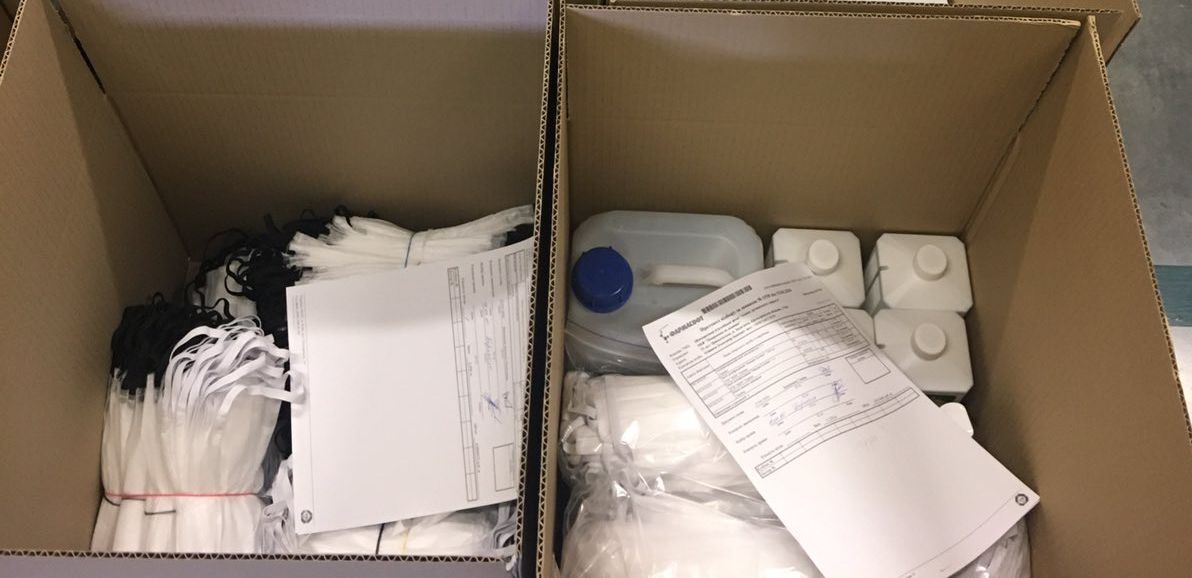
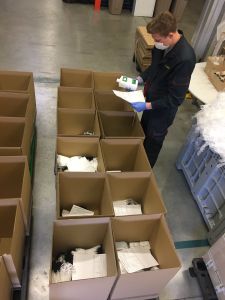 To ensure uninterrupted and quality operation of the HIV/HCV/TB/OST projects in the regions of Ukraine during the COVID-19 pandemic, Alliance for Public Health initiates unscheduled deliveries of an extended range of personal protective equipment (PPE), which is vital in the current circumstances. In the course of this and next week, 97 partner civil society organizations and healthcare institutions in all government-controlled regions of Ukraine (125 sites) are going to receive Safe Boxes with:
To ensure uninterrupted and quality operation of the HIV/HCV/TB/OST projects in the regions of Ukraine during the COVID-19 pandemic, Alliance for Public Health initiates unscheduled deliveries of an extended range of personal protective equipment (PPE), which is vital in the current circumstances. In the course of this and next week, 97 partner civil society organizations and healthcare institutions in all government-controlled regions of Ukraine (125 sites) are going to receive Safe Boxes with:
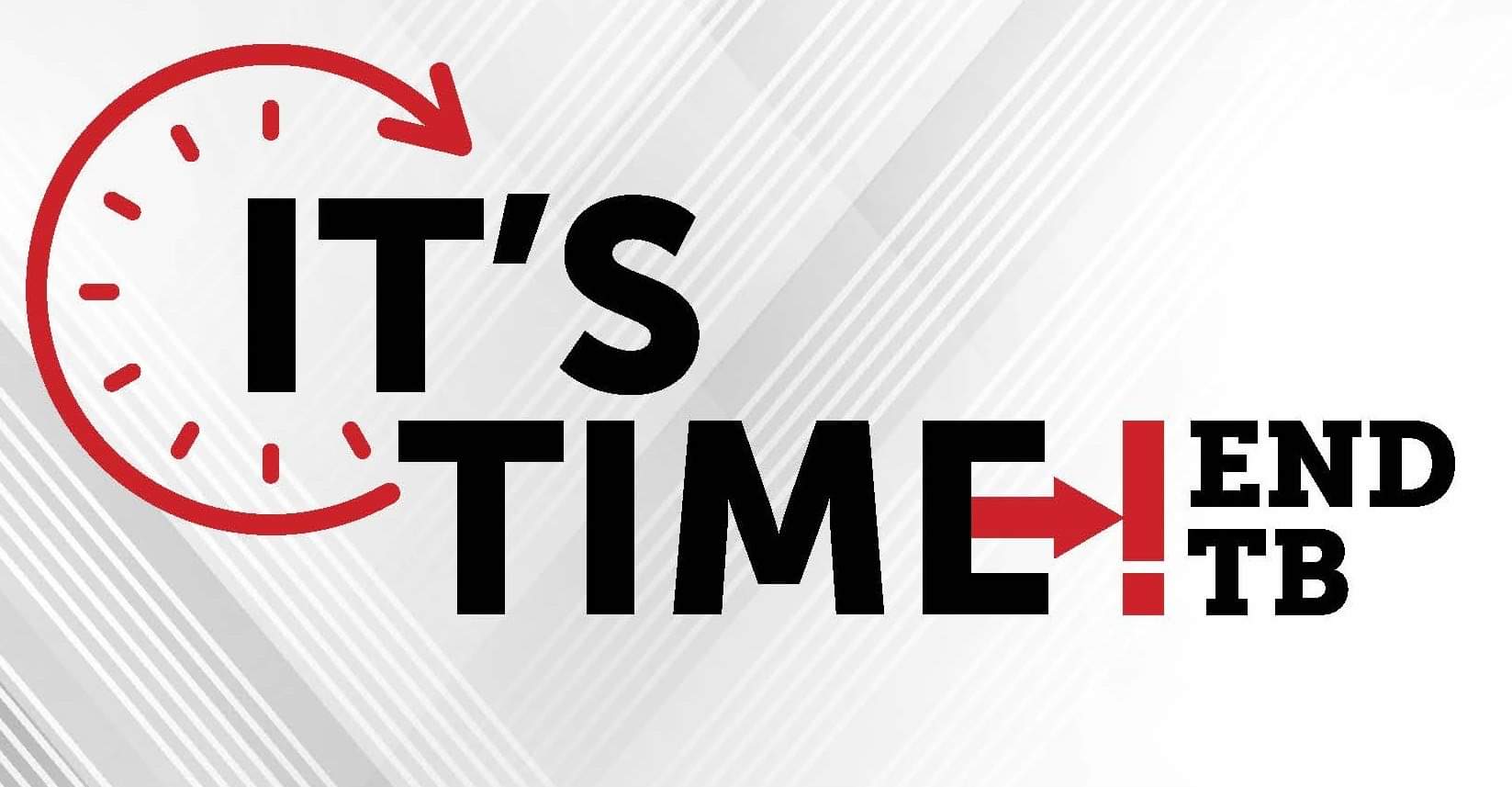
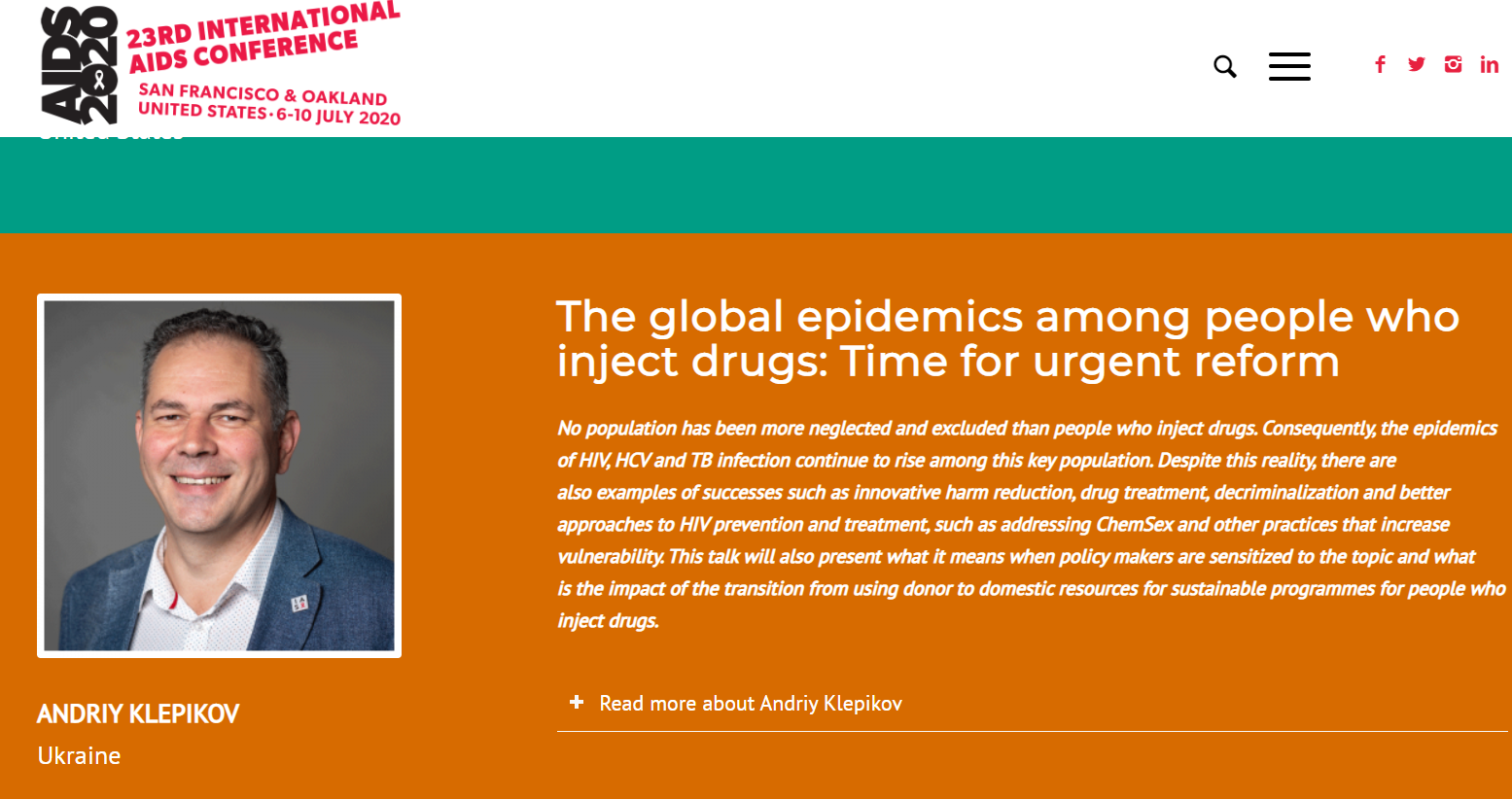
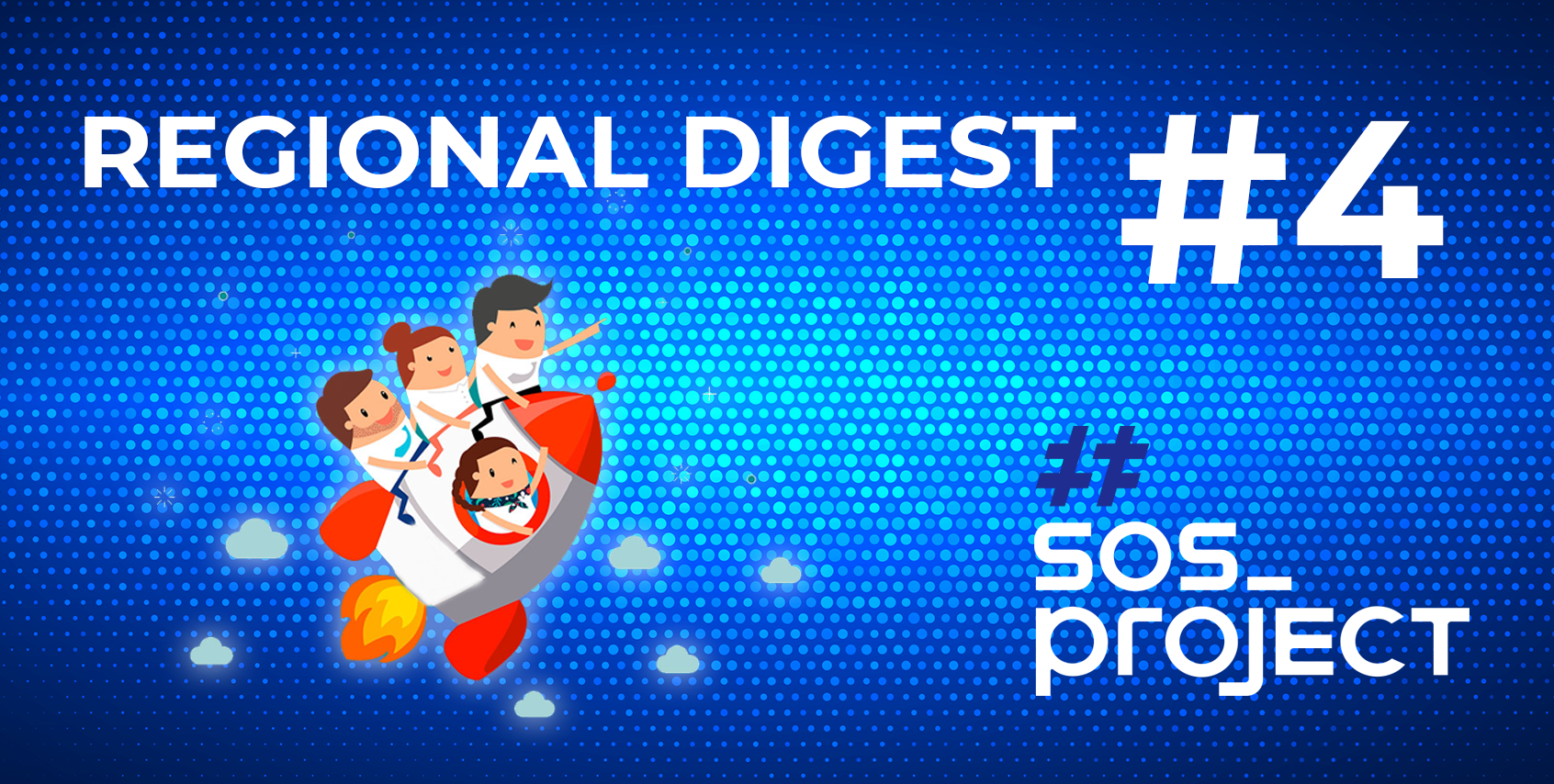

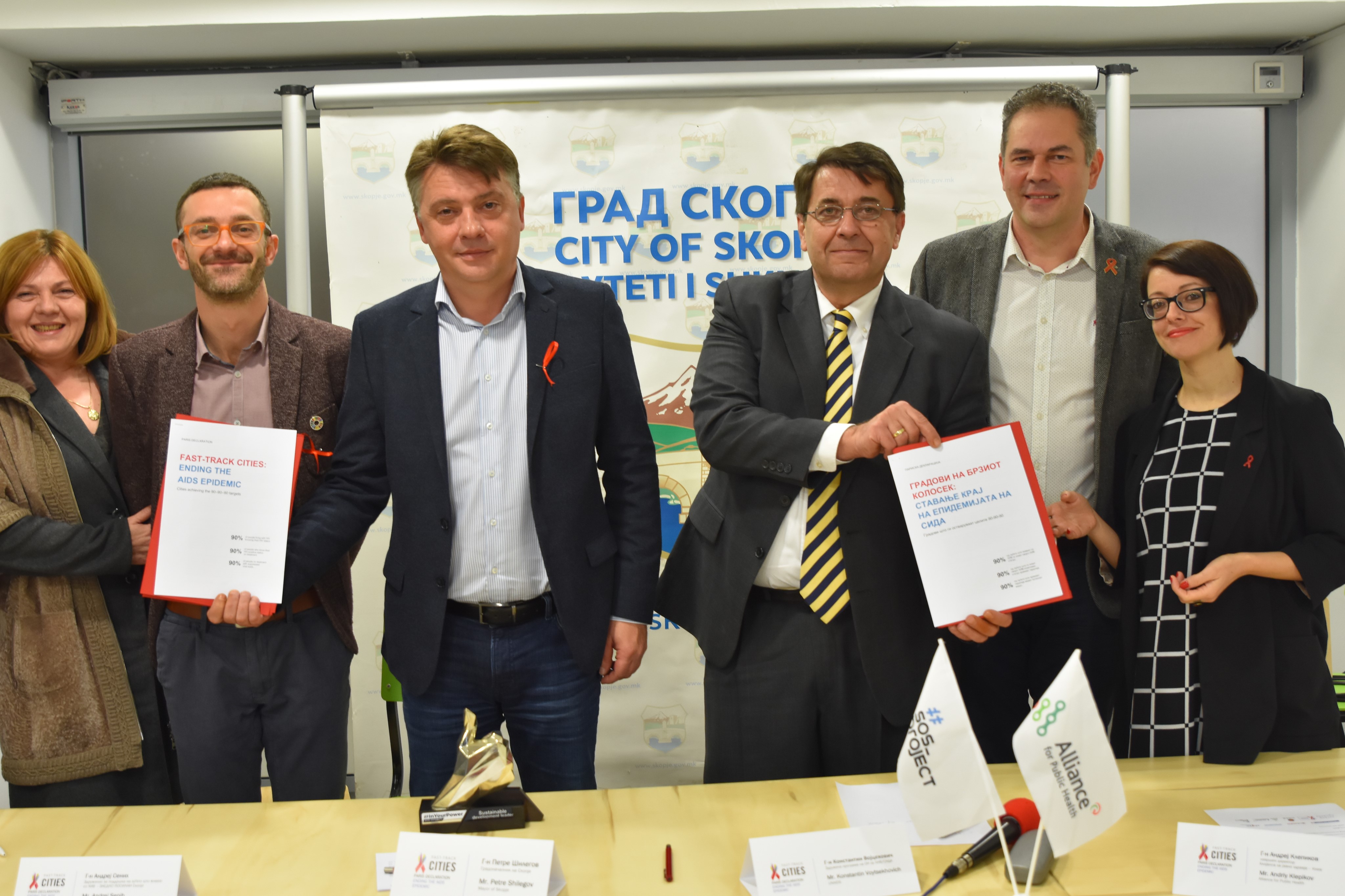
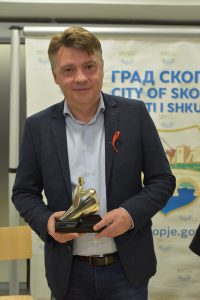 In his speech, Petre Shilegov called on the mayors of other cities in the Balkan region to follow the Skopje’s example:
In his speech, Petre Shilegov called on the mayors of other cities in the Balkan region to follow the Skopje’s example: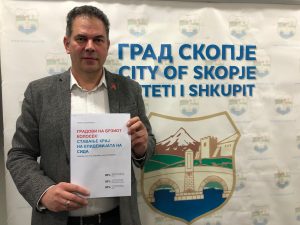 “We congratulate Mr. Petre Shilegov, Mayor of Skopje, on the Paris Declaration signing and the firm intention to end AIDS by mobilizing municipal resources. We welcome the great work of our partners from North Macedonia – Stronger Together, whose efforts led to political commitment and support for introduction of new approaches to HIV prevention/treatment. For example, we expect that KPs in Skopje will get access to PrEP and self-testing already in the first half of 2020. This is a very important strategic decision for the fourth city in the SEE region, which solidly strengthens the growing leadership of the Balkan region in the fight against AIDS. APH and #SoS_project team will continuously support the city at all stages of the Paris Declaration implementation “.
“We congratulate Mr. Petre Shilegov, Mayor of Skopje, on the Paris Declaration signing and the firm intention to end AIDS by mobilizing municipal resources. We welcome the great work of our partners from North Macedonia – Stronger Together, whose efforts led to political commitment and support for introduction of new approaches to HIV prevention/treatment. For example, we expect that KPs in Skopje will get access to PrEP and self-testing already in the first half of 2020. This is a very important strategic decision for the fourth city in the SEE region, which solidly strengthens the growing leadership of the Balkan region in the fight against AIDS. APH and #SoS_project team will continuously support the city at all stages of the Paris Declaration implementation “.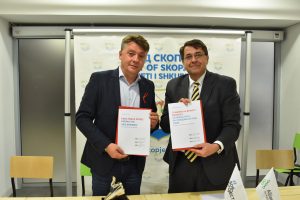 “We welcome Skopje to the “Fast Track Cities” initiative and congratulate the City on taking this decisive step in complementing its response to HIV. We hope that other cities in North Macedonia will follow Skopje’s lead. Cities can play a vital role in tackling the HIV epidemic. They are positioned in a way that can make HIV services accessible by working with central government, the Ministry of Health, NGOs and communities – for example, by providing space for awareness-raising, counseling and HIV testing activities. This work will undoubtedly make Skopje and other Macedonian cities more inclusive, safe, friendly to all and contribute to raising the quality of life, social and economic development”, – said Konstantin Voytsekhovich, adviser to UNAIDS Regional Office in EECA at the official signing ceremony.
“We welcome Skopje to the “Fast Track Cities” initiative and congratulate the City on taking this decisive step in complementing its response to HIV. We hope that other cities in North Macedonia will follow Skopje’s lead. Cities can play a vital role in tackling the HIV epidemic. They are positioned in a way that can make HIV services accessible by working with central government, the Ministry of Health, NGOs and communities – for example, by providing space for awareness-raising, counseling and HIV testing activities. This work will undoubtedly make Skopje and other Macedonian cities more inclusive, safe, friendly to all and contribute to raising the quality of life, social and economic development”, – said Konstantin Voytsekhovich, adviser to UNAIDS Regional Office in EECA at the official signing ceremony.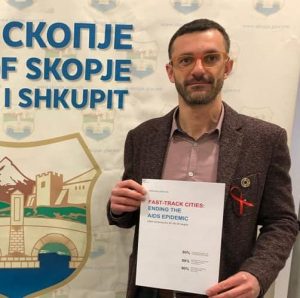 Andrej Senih, Executive Director, North Macedonian NGO “Stronger together:
Andrej Senih, Executive Director, North Macedonian NGO “Stronger together: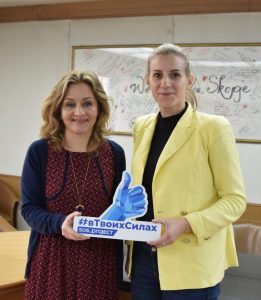 Ms. Eleonora P. Nikolovska also shared her confidence that international support and the political will of the mayor of Skopje gives reason to believe that the goals will be achieved and the lives of citizens will be saved.
Ms. Eleonora P. Nikolovska also shared her confidence that international support and the political will of the mayor of Skopje gives reason to believe that the goals will be achieved and the lives of citizens will be saved.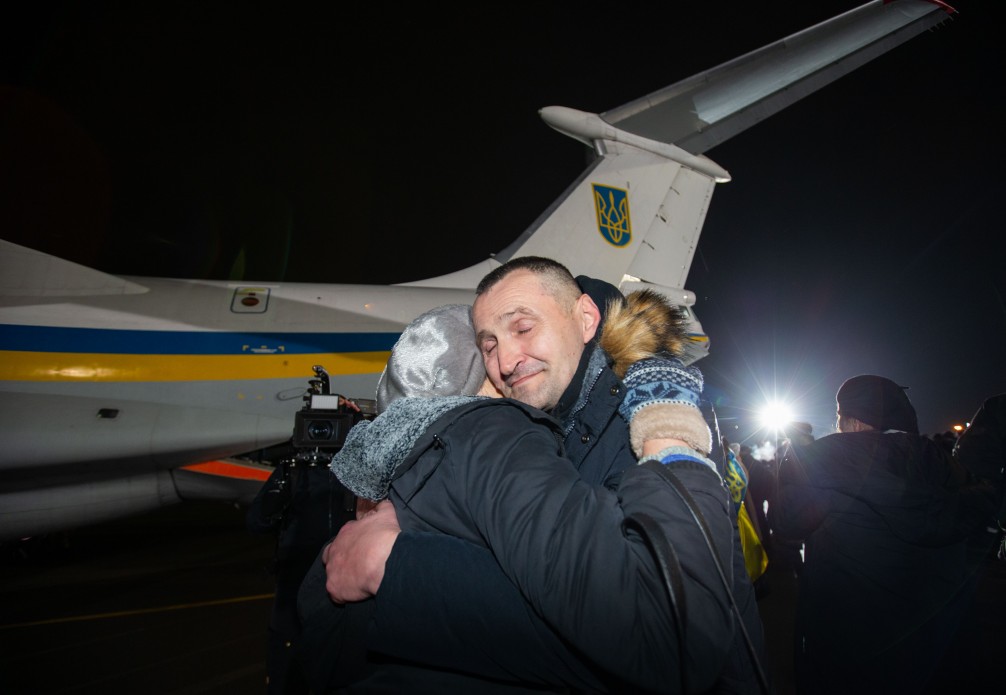
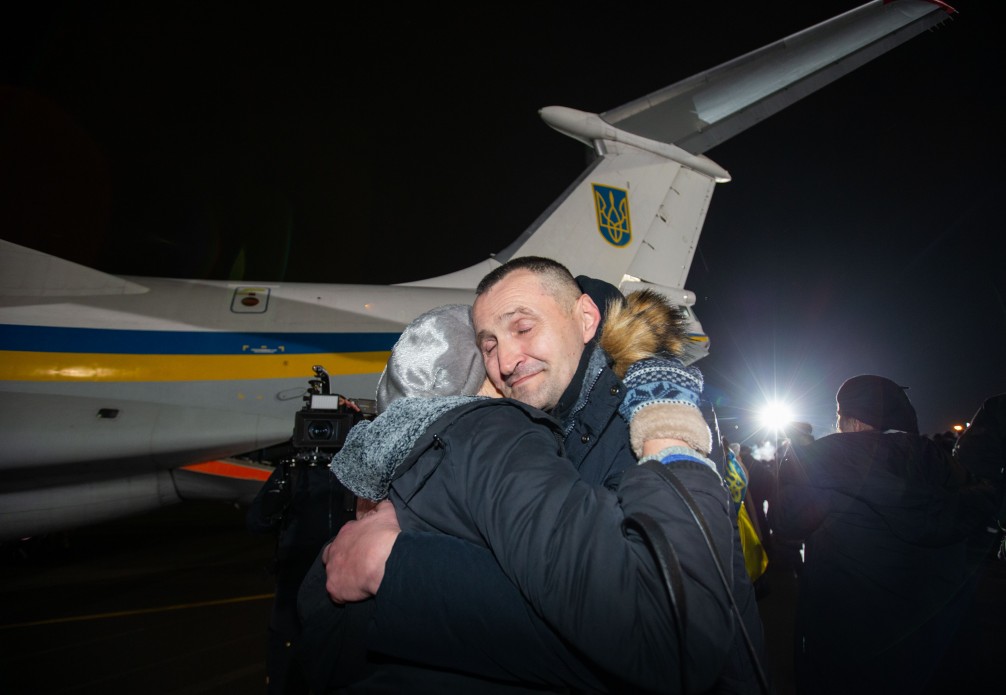
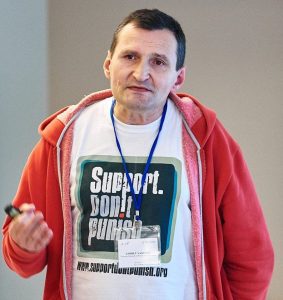
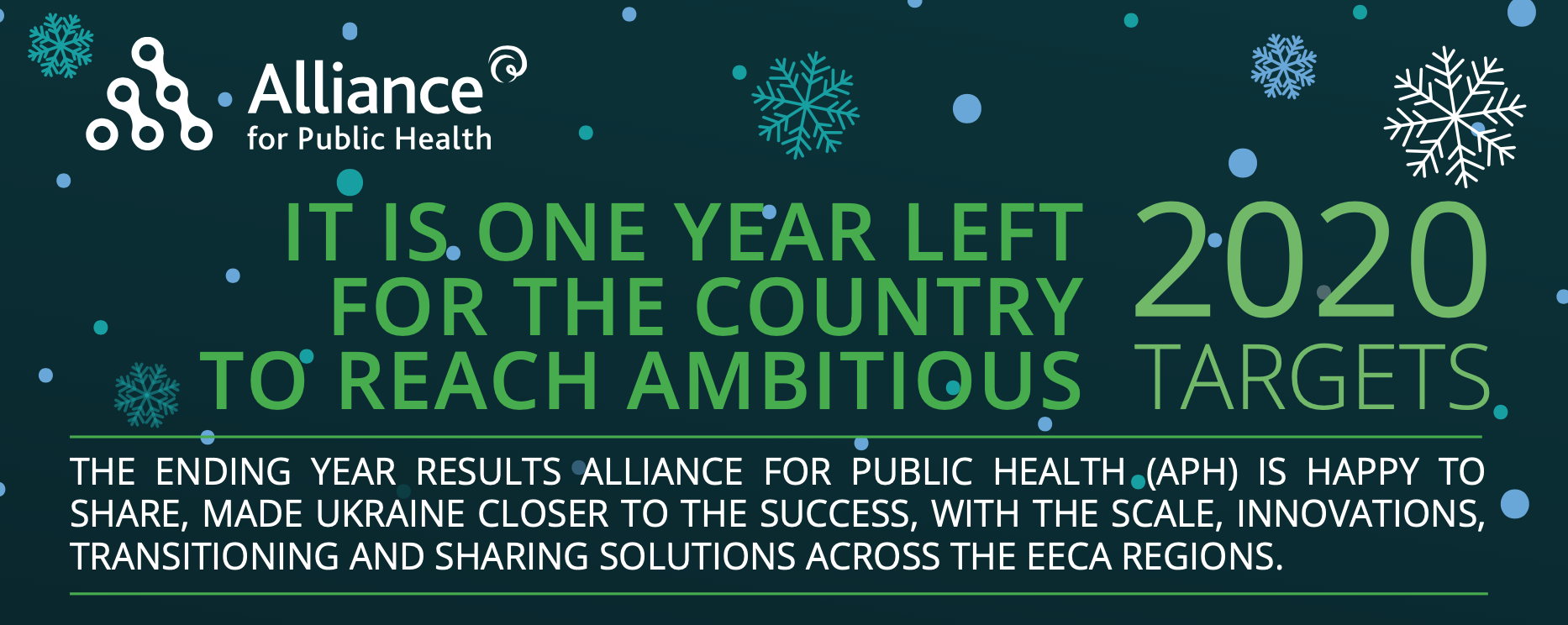
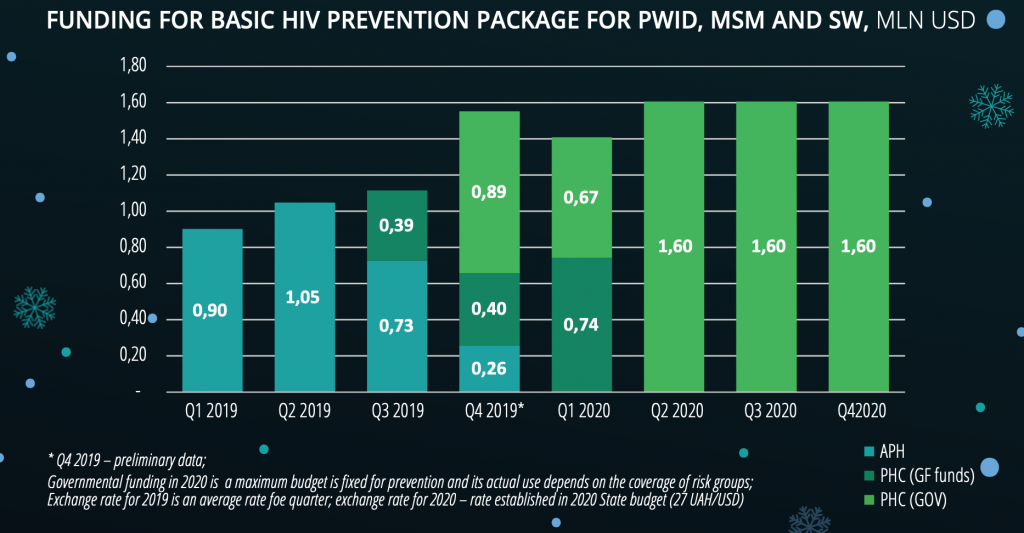
 AP
AP
